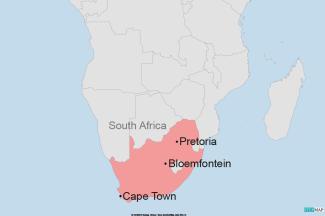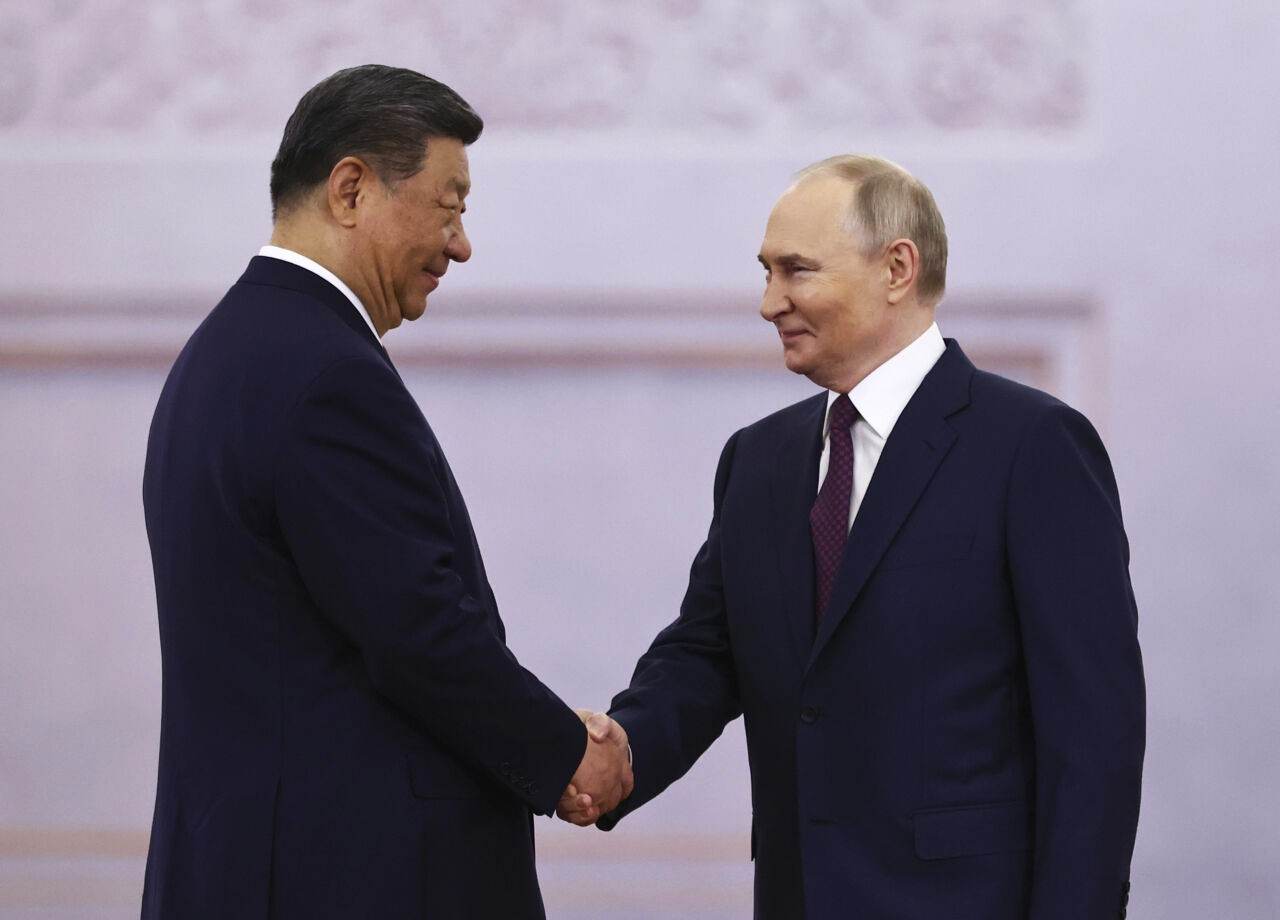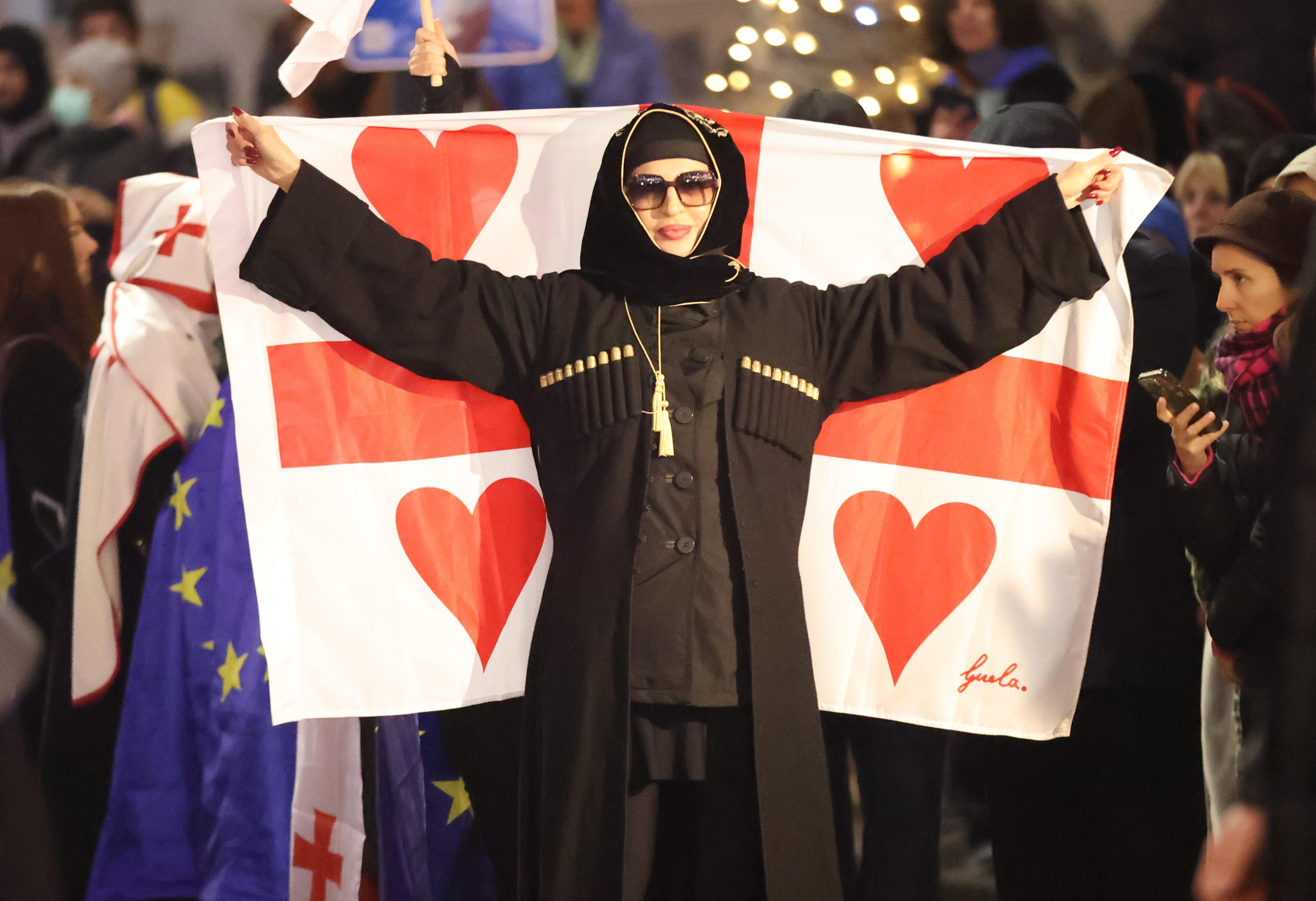Fake News
Combating disinformation in South Africa’s elections

Fake news spreads like wildfire during elections. Fuelled by propaganda groups, politicians or just innocent consumers of information, false reports, news and stories have become common globally during election seasons.
During the recent South African elections, disinformation campaigns claimed that voting for the Democratic Alliance (DA) opposition party would re-establish apartheid and that not voting would result in votes being cast for the African National Congress (ANC), the ruling party.
“There was a particular time when Mkhonto Wesizwe party (MK) was suggesting that the electoral commission had dug up a hole to put ballot papers in. They even had photos to back up these claims. The public would easily fall for such stories but obviously because [journalists] are stationed at the electoral commission offices, we had time to fact check such claims,” Thabo Tshabalala, a journalist with Times Live multimedia, explains.
Political parties also distributed disinformation and fake news during election campaigns and on the voting day, he added.
Tshabalala, along with fact-checking organisations like Africa Check, were ready to deploy artificial intelligence (AI) and other methods to counter these claims. Africa Check was a very useful resource for journalists battling misinformation and disinformation, during the concluded elections.
“I work for an online media house and the most common lie we heard was about state-engineered vote rigging. How I fact-checked such claims was to always consult with the electoral commission. There was a popular referral, especially to Section 24 (a). I had to go and fact-check and see what it says because all kinds of allegations were made about its contents. Sources from the electoral commission and Africa Check helped to verify the facts,” Tshabalala explained.
The deputy editor-in-chief of Africa Check, Cayley Clifford says that her organisation spearheaded a coalition of media outlets that fought electoral disinformation and misinformation during the recent South African elections. The coalition received support from Google News Initiative, which provided access to a range of artificial intelligence tools created and maintained by the UK-based fact-checking organisation Full Fact.
“The tools included a search function which allowed journalists and fact-checkers to find fact-checkable claims more easily, an alerts function which flagged instances where false claims had been repeated on social media, online or on the radio and a transcription function which provided accurate records of campaign speeches. These tools helped us to respond to false information more efficiently,” Clifford narrates.
Clifford affirms that there was an increase in the spread of misinformation and disinformation during the election season. “To help voters critically engage with information and make informed decisions in the voting booth, we joined forces with several media and civil-society organisations to create a fact-checking coalition with funding support from the Google News Initiative.”
The coalition worked together in months leading up to the election to fact-check claims made by political parties, provide voters with reliable, non-partisan information on key issues and equip the public with skills they need to identify election misinformation.
“Coalition partners included fact-checking organisation AFP Fact Check, media outlets Daily Maverick, Mail and Guardian, Caxton Local Media, SABC News, Briefly, City Press, Eyewitness News and civil-society organisations SECTION27 and CODE,” she said.
Journalists with the above-mentioned partners participated in two-day fact-checking and verification workshops. “This was aimed at fostering the practice of fact-checking in their everyday work,” Clifford added.
Lungelo Ndhlovu is a multi-award-winning international freelance journalist based in Bulawayo, Zimbabwe.
ndlovu.lungelo@gmail.com
















